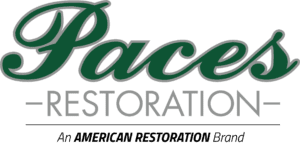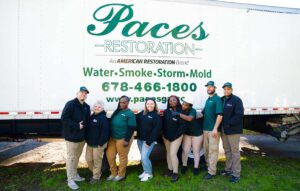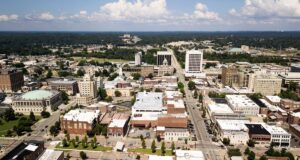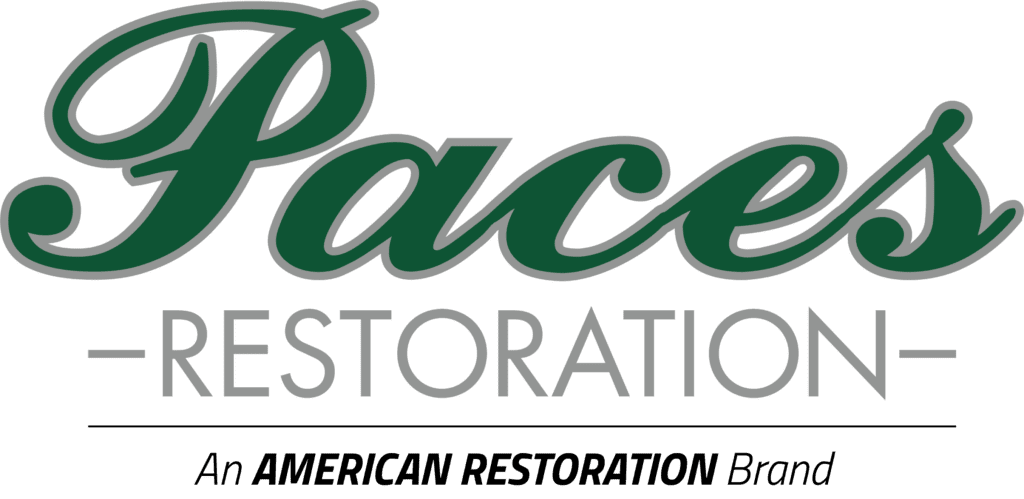Atlanta winters may not be as severe as those in the northern states, but temperatures can still drop below freezing, putting your home at risk for frozen pipes. When pipes freeze, they can burst, leading to costly water damage and unexpected repairs. Preventing frozen pipes in Atlanta is crucial for homeowners looking to avoid expensive damage and inconvenience. Here’s everything you need to know to protect your home from the dangers of frozen pipes.
Why Do Pipes Freeze?
Pipes freeze when the temperature drops to 32°F or below, causing the water inside to expand and put pressure on the pipe walls. This can result in cracks or even bursts, leading to severe water damage. Homes with exposed pipes in unheated areas, such as basements, attics, garages, and crawl spaces, are especially vulnerable.
How to Prevent Frozen Pipes in Atlanta
Taking preventative steps before temperatures drop can save you from major plumbing issues. Follow these essential tips to keep your pipes from freezing:
1. Insulate Pipes in Vulnerable Areas
Pipes in unheated spaces, like basements, attics, and garages, are most at risk. Wrap them with foam pipe insulation, fiberglass sleeves, or heat tape to keep them warm during cold snaps. Insulating both hot and cold water pipes will provide extra protection.
2. Keep the Heat On
Even if you’re leaving town, set your thermostat to at least 55°F to keep indoor pipes from freezing. Maintaining a steady indoor temperature, even at night, is key to preventing frozen pipes.
3. Let Faucets Drip During Freezing Nights
Allowing faucets to drip slightly keeps water moving through the pipes, reducing the chance of freezing. Focus on faucets connected to pipes that run along exterior walls, as these are most at risk.
4. Open Cabinet Doors
In kitchens and bathrooms, open cabinet doors under sinks to allow warm air to circulate around the pipes. This simple step can make a big difference, especially on extremely cold nights.
5. Seal Drafts and Cracks
Cold air entering through gaps in walls, floors, or around windows and doors can make pipes more susceptible to freezing. Use weather stripping, caulk, or insulation to seal any air leaks near plumbing.
6. Disconnect and Drain Outdoor Hoses
Leaving hoses attached to outdoor faucets can cause water to freeze inside, leading to burst pipes. Disconnect all garden hoses and shut off the water supply to outdoor spigots before winter arrives.
7. Install a Smart Water Leak Detector
A smart leak detection system can alert you to changes in water pressure or leaks, allowing you to take action before serious damage occurs. Some systems even shut off the water automatically if a pipe bursts.
What to Do If Your Pipes Freeze
If you suspect a frozen pipe, take immediate action to prevent it from bursting:
- Turn on the faucet – If only a trickle comes out, the pipe may be frozen.
- Apply heat – Use a hair dryer, heating pad, or warm towels to gradually thaw the pipe. Avoid open flames, as they can damage pipes or start a fire.
- Keep the faucet open – As the pipe thaws, running water will help melt the ice inside.
- Check for leaks – Once thawed, inspect the pipe for cracks or leaks. If you notice damage, turn off the water supply and call a professional immediately.
The Dangers of Burst Pipes
A burst pipe can release gallons of water into your home in minutes, leading to extensive damage to floors, walls, and belongings. Water damage can also create mold issues, requiring costly restoration services. Taking proactive steps to prevent frozen pipes can save you thousands of dollars in repairs.
Protect Your Home This Winter with Paces Restoration
Preventing frozen pipes in Atlanta doesn’t have to be complicated. By insulating pipes, keeping your home warm, and allowing faucets to drip during freezing temperatures, you can reduce the risk of winter plumbing disasters.
If your pipes freeze or burst, don’t wait—contact Paces Restoration for expert water damage restoration and emergency plumbing support. Call us today at 678-466-1800 for immediate assistance and protect your home from costly damage.





